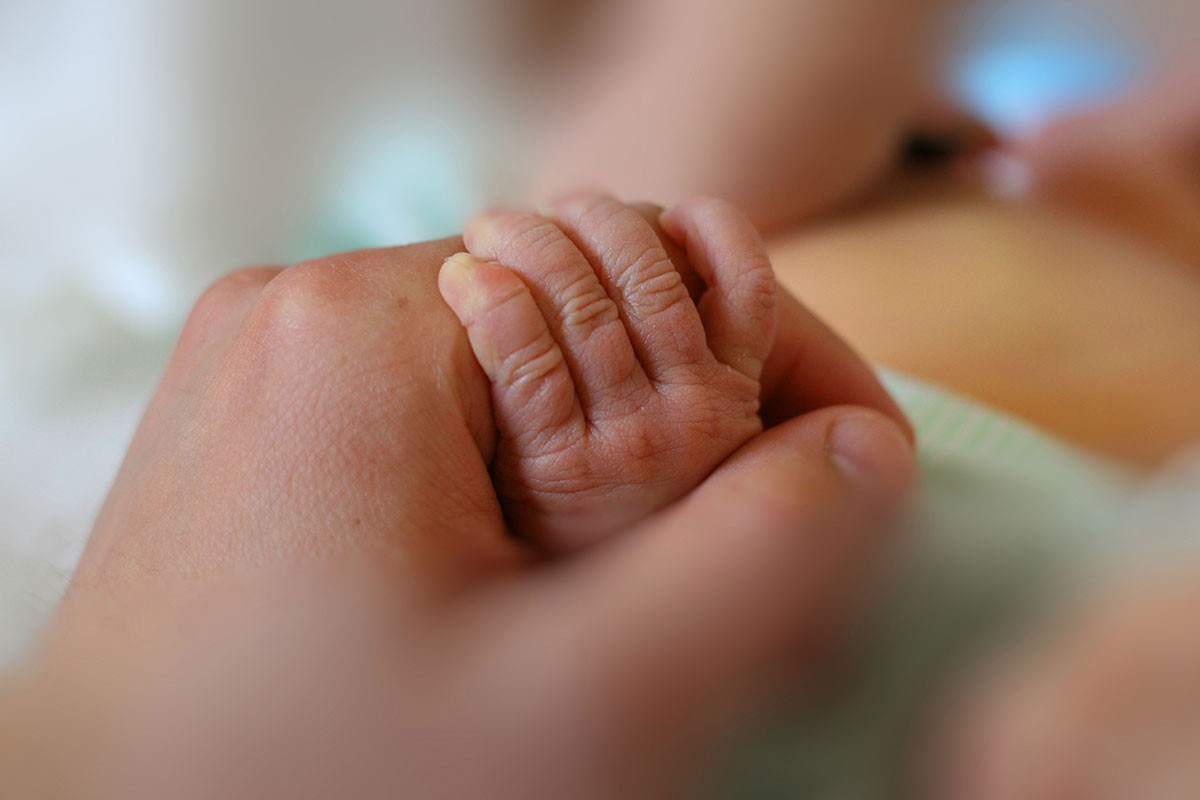
New Study: Effects of Instagram on breastfeeding perceptions
Breastfeeding has many established benefits for mothers, children, and society at large; however, the vast majority of infants around the world do not meet international breastfeeding recommendations. A new study looks at how social media – specifically, Instagram – could help improve breastfeeding rates by changing perceptions and building support communities for breastfeeding moms.
The study examined the popular social media platform Instagram, which currently has one billion active users worldwide, to determine how it is used to promote and support breastfeeding through images, shared experiences, and hashtags.
Researchers analyzed 4,089 images and 8,331 corresponding comments posted with popular breastfeeding-related hashtags (#breastfeeding, #breastmilk, #breastisbest, and #normalizebreastfeeding).
They found that Instagram is being used to publicly display and share diverse breastfeeding-related content and to create supportive networks that allow new mothers to share experiences, build confidence, and address challenges related to breastfeeding. Discussions were overwhelmingly positive and often highly personal, with virtually no hostile content.
Dr. Meghan Azad is a scientist at the Children’s Hospital Research Institute of Manitoba and a Canada Research Chair in Developmental Origins of Chronic Disease at the University of Manitoba. She is studying how early-life exposures and experiences shape lifelong health. The Canada Research Chair Program is a tri-agency initiative of the Social Sciences and Humanities Research Council (SSHRC), the Natural Sciences and Engineering Research Council (NSERC), and the Canadian Institutes of Health Research (CIHR). Dr. Azad is joined by Alessandro Marcon, a research associate in the Health Law Institute at the University of Alberta as co-lead of the study. Both are involved in the Allergy, Genes and Environment Network (AllerGen) and they combined their unique expertise in the areas of breastfeeding science and the dissemination of health information respectively to conduct the research.
“We know that there are many complex and interconnected reasons for low breastfeeding rates. One contributing factor is social stigma – new mothers sometimes receive negative attention when nursing in public, and may be told to cover up or take their breastfeeding elsewhere,” said Azad, also an assistant professor in the Rady Faculty of Health Sciences at the University of Manitoba. “To see a major platform like Instagram being mobilized to normalize breastfeeding and build support networks for moms is encouraging.”
Jenny Hunter, a mom of two from West Virginia, said breastfeeding her daughter Scarlet was a challenge for her in the beginning. “It wasn’t what I expected. I didn’t know about cluster feeding at first, so when I brought her home she was nursing constantly. And then she had colic so we went through that. When I took her to the hospital, they told me she might have a lip tie… so we went through a lot of issues,” she said. Hunter noted that in addition to the challenges she encountered, she also experienced some backlash when breastfeeding her daughter in public. “I was okay breastfeeding in public until about six months, and then I started to feel the stigma. But seeing other moms on Instagram has been really cool. It kind of gave me the courage to actually breastfeed my daughter out in public and be okay with it. I really feel like I would have quit sooner if it weren’t for that support on social media.”
Dr. Marcon, who has led and contributed to many research projects exploring how the media represents key health and science policy issues, notes there is evidence that social campaigns can positively impact breastfeeding rates. For example, campaigns in Vietnam successfully raised breastfeeding rates from 26% in 2011 to 48% in 2012. “Social media platforms, where users play an increasingly active role in the kinds of information they receive, might offer a unique space where constructive breastfeeding promotion, support, and education can take place,” said Marcon. “This could help women feel more comfortable breastfeeding in public, reduce criticism and negative comments, and lead to better understanding and support when it comes to challenges – all of which could contribute to increased breastfeeding rates.”
– 30 –
Media Contacts:
Rebecca Rallo
Children’s Hospital Research Institute of Manitoba
Tel: (204) 272-3135
Email: rrallo [at] chrim [dot] ca
Ilana Simon
Rady Faculty of Health Sciences
University of Manitoba
Tel: (204) 789-3427
Email: ilana.simon@umanitoba
Priscilla Popp
Communications Coordinator
University of Alberta
Tel: (780) 492-5049
Email: priscilla.popp@ualberta






